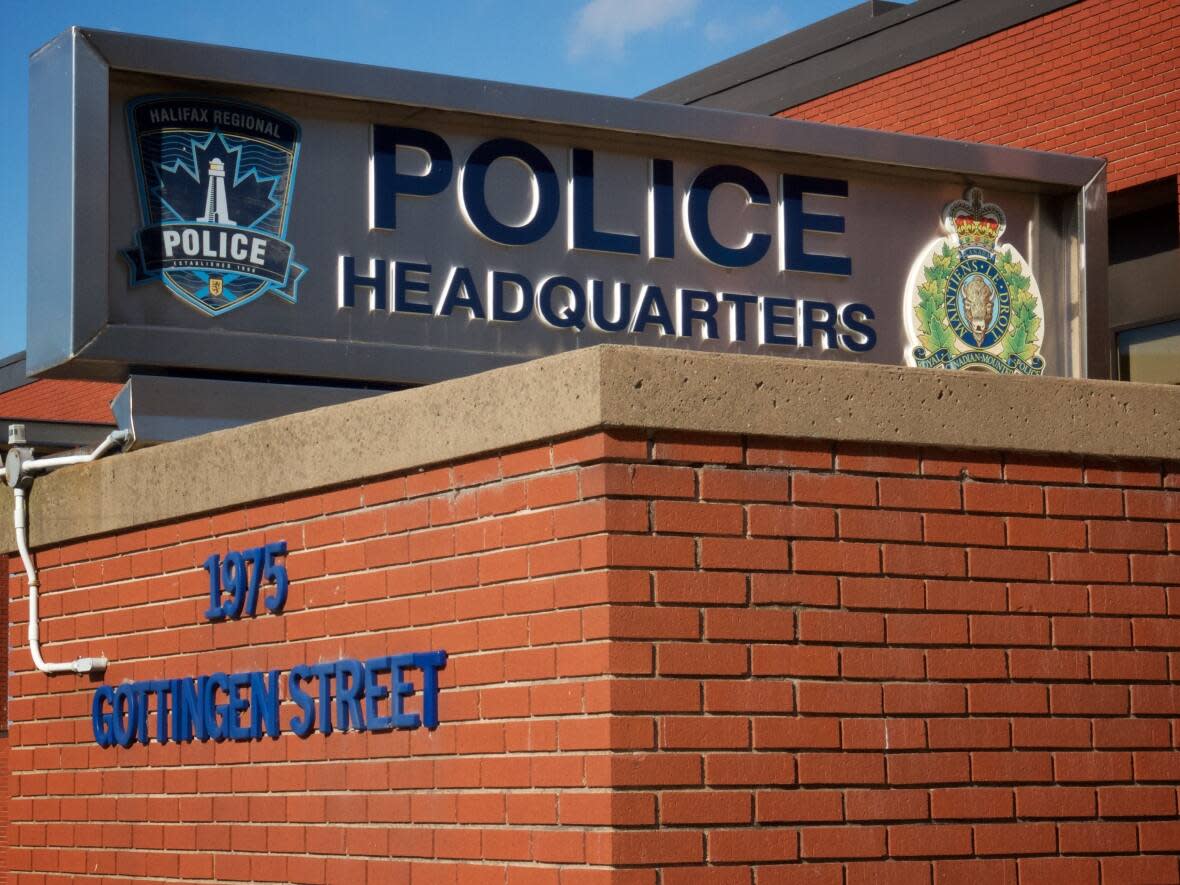Halifax police commission digging into breach charges

The Halifax Board of Police Commissioners discussed Monday how often police charge certain people for skipping court or breaking their bail conditions.
The topic of "administration of justice offences" was raised by commissioner Harry Critchley, who called the Halifax board's attention to a November 2021 report by University of Toronto criminologist Scot Wortley.
Wortley's analysis for B.C.'s Office of the Human Rights Commissioner studied arrests by five B.C. police forces. He found that Black and Indigenous people were far more likely to face charges for breaching conditions in B.C. than other racial groups.
Halifax police board chair Lindell Smith said he wasn't aware of the significance of these types of offences before Monday, when Halifax Regional Police gave a presentation explaining officers have laid more than 10,000 administration of justice charges since 2018.
Such charges include things like breaching probation or release conditions, or missing a court date.
Smith said he was reminded of the report Wortley wrote for the Nova Scotia Human Rights Commission that found Black people were six times more likely to be street checked in Halifax than white people. The province subsequently banned the checks.
"I'm sure that there's probably some relation in that report to our street check report, just from the information that was provided today," Smith said. "I have to dig a little deeper."
Discretion can lead to discrimination
Critchley, who is studying law at Dalhousie University, said administration of justice offences have been his long-time interest.
He said they are an important indicator because they are minor offences where police have discretion whether or not to pursue charges.
The B.C. report found similar racial patterns with arrests for causing a disturbance and public intoxication.
"Where there is the greatest discretion ... there, too, is also the greatest disproportionate overrepresentation in terms of racial discrimination," Critchley said.
Critchley said Nova Scotia was a national leader in moving people out of jails to protect them from COVID-19. He said there was no increase in violent crime, which he said showed that incarcerating people for minor offences does not improve public safety.
But he said there are often serious consequences for the people charged, such as resulting unemployment and homelessness.
MORE TOP STORIES

 Yahoo Movies
Yahoo Movies 
